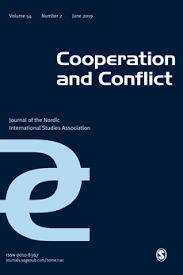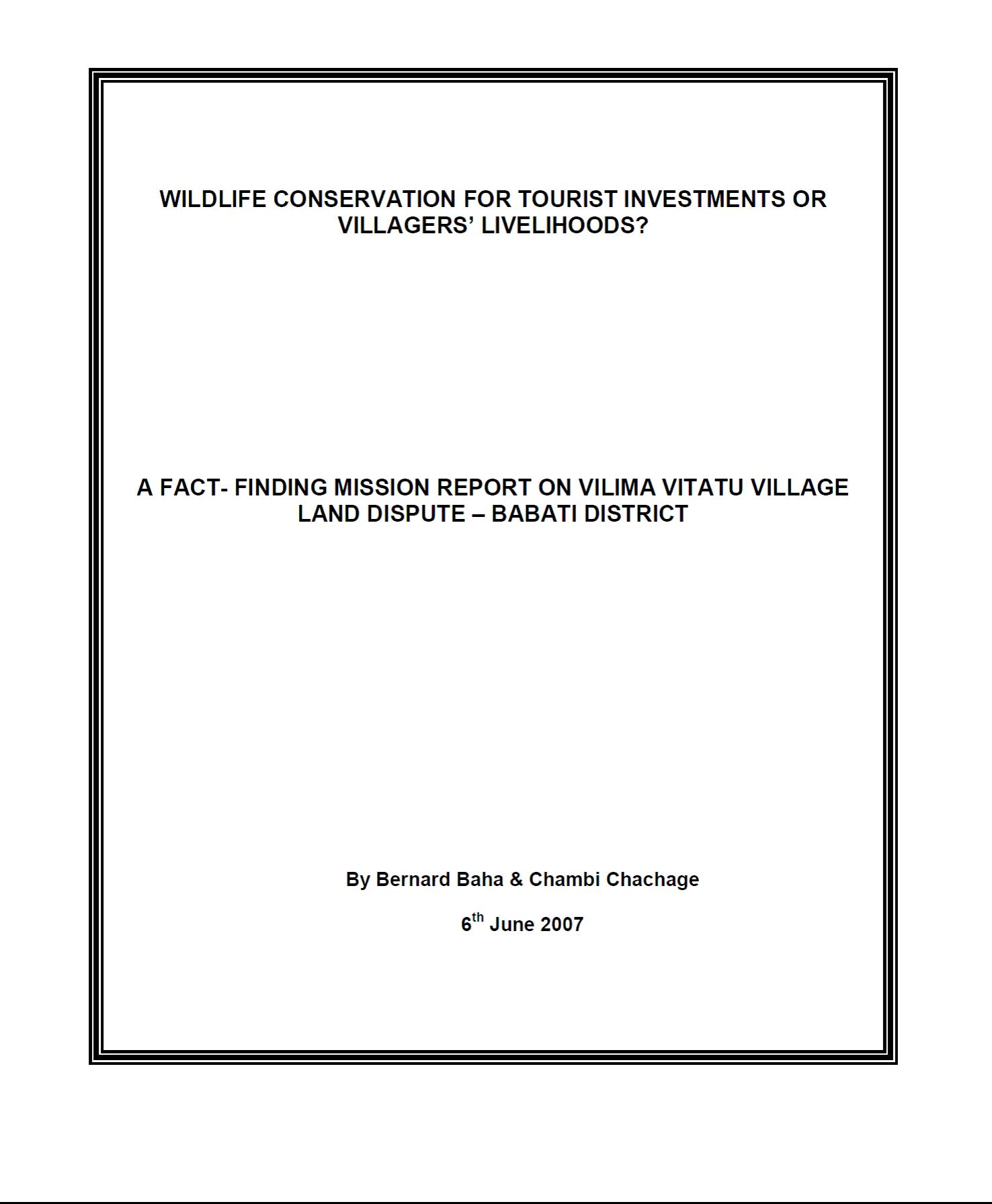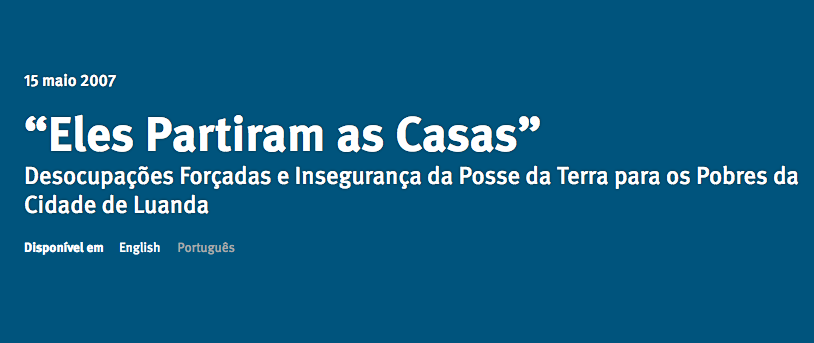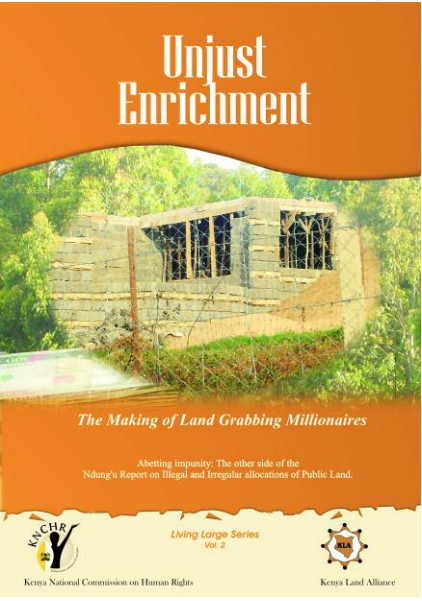Indigenous Peace-Making Versus the Liberal Peace
Recent years have witnessed a resurgence of interest in indigenous, traditional and customary approaches to peace-making in the context of civil wars. Supporters claim that indigenous approaches to peacemaking are participatory and relationship-focused, and that peaceful outcomes have a higher chance of community adherence than template-style international peace interventions effected through the `liberal peace'. Using historical and contemporary examples, this article assesses the feasibility of a complementary relationship between customary and Western forms of peace-making.










